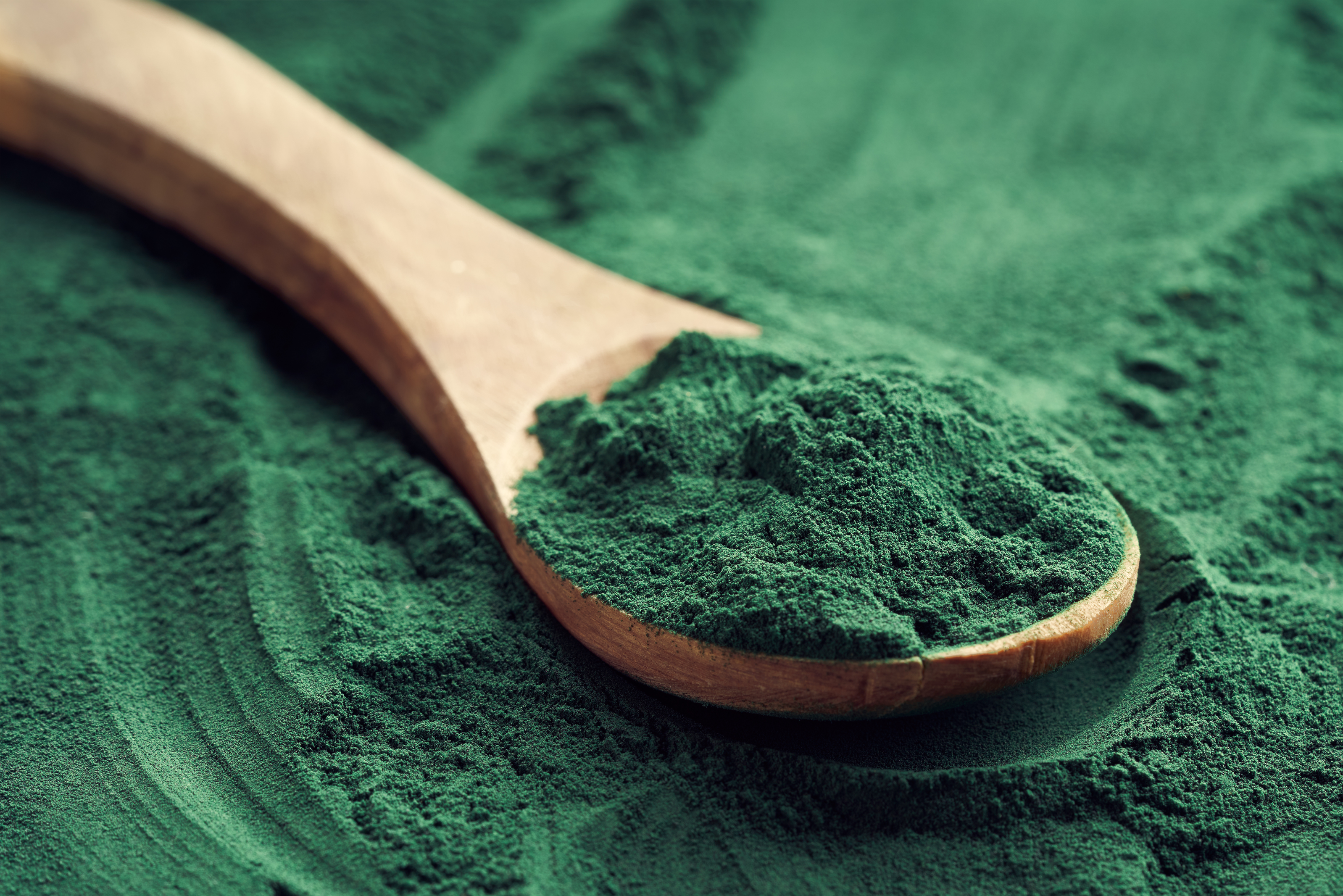Why Plant based & Organic?
At the heart of our commitment to using all-natural, 100% organic ingredients, with zero fillers or additives, lies a profound belief in the power of nature to nourish and sustain us. We recognize that the Earth provides all the essential vitamins and minerals needed to keep us energized, hydrated, focused, and in tune with life. By harnessing the inherent goodness of natural ingredients, we not only support our physical health but also nurture a deeper connection with the world around us. These natural elements play a crucial role in moderating our cardiovascular system, nervous system, muscle growth, and performance, allowing us to thrive in harmony with our bodies. With a focus on all-natural, plant-based ingredients, we prioritize transparency and integrity, empowering individuals to make informed choices about what they put into their bodies. Because when it comes to our health and well-being, nothing compares to the purity and potency of ingredients sourced directly from nature.
Dawn Patrol's Superfoods
-
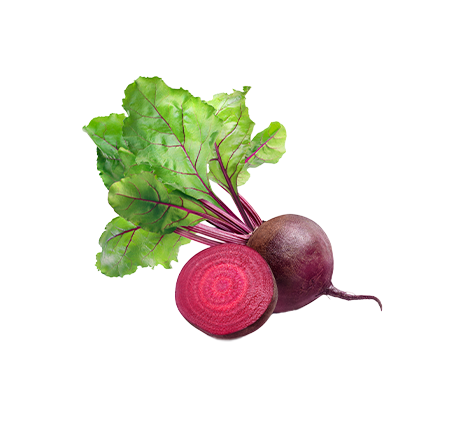
Beetroot
Augments blood flow and oxygen delivery by increasing nitric oxide production, promoting cardiovascular health, and enhancing exercise performance.
-
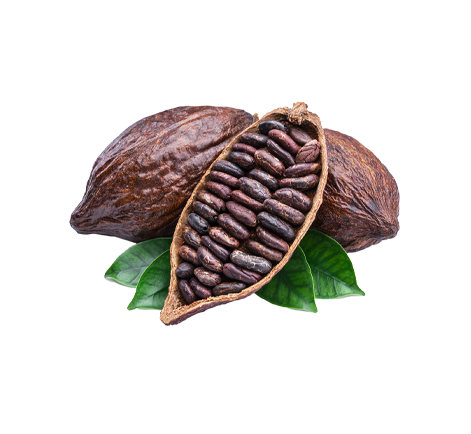
Cacao
Bursting with antioxidants and flavonoids, cacao not only adds a rich chocolate flavor but also promotes heart health, cognitive function, and mood enhancement. It's a delicious and nutritious addition to your protein shake.
-
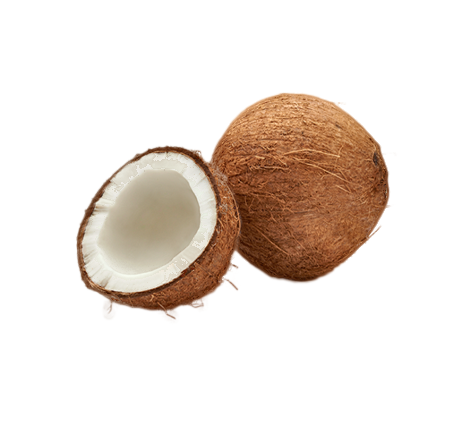
Coconut
Coconut Sugar provides natural sweetness with a lower glycemic index compared to refined sugar, offering sustained energy release without the crash.
-
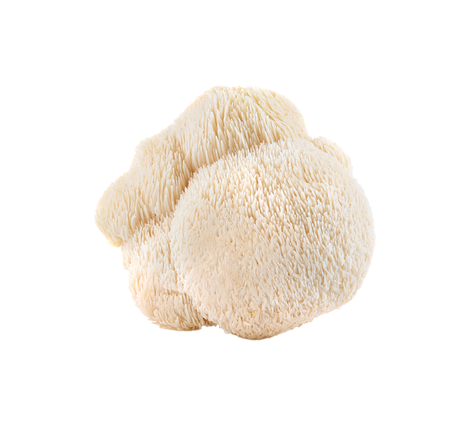
Lion's Mane
Supports memory, focus, and overall brain health, with neuroprotective properties that support nervous system health.
-

Chaga
Combats oxidative stress and supports overall health and immune function.
-

Reishi
Considered an adaptogen, Reishi helps the body adapt to stress, promoting balance and resilience. Along with beta-glucans and other compounds, Reishi may help modulate the immune system and support immune function.
-

Cordyceps
Boosts ATP energy production, enhances physical endurance and stamina, is used to support respiratory health and improve oxygen utilization, potentially enhancing athletic performance
-

Turkey Tail
Supports immune health, digestive health, is anti-carcinogenic, and supports healthy gut microbiota.
-
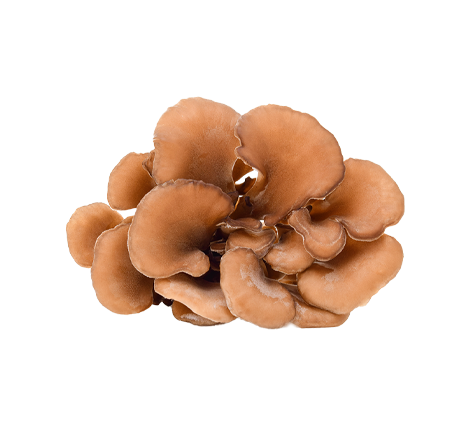
Maitake
Valued for its immune-boosting properties, Maitake supports overall immune function and vitality. Some studies suggest that Maitake may help regulate blood sugar levels and support metabolic health.
-
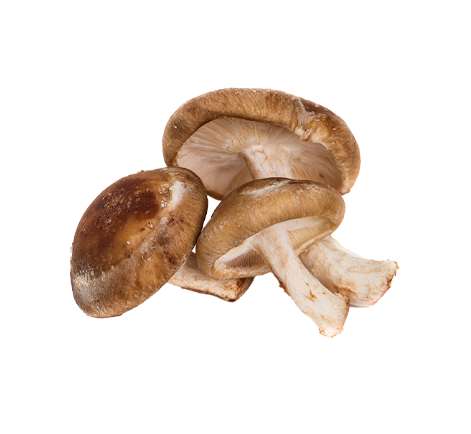
Shiitake
Nutrient rich in vitamins, minerals, and antioxidants, providing essential nutrients for overall health and well-being, Shiitake also contains compounds like beta-glucans that may help modulate the immune system and promote immune function.
-

Gingko Biloba
Known for its cognitive benefits, Gingko Biloba promotes mental clarity, focus, and memory.
-
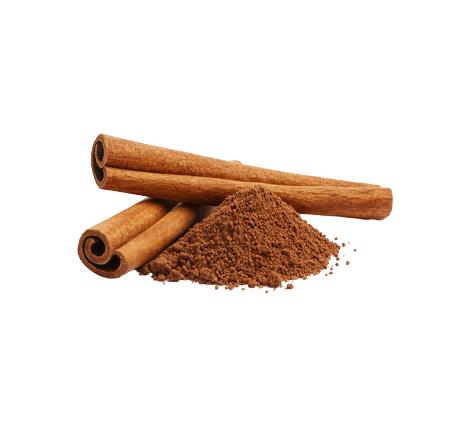
Cinnamon
Adding a flavorful kick, cinnamon also provides anti-oxidant, anti-fungal and anti-inflammatory properties.
-
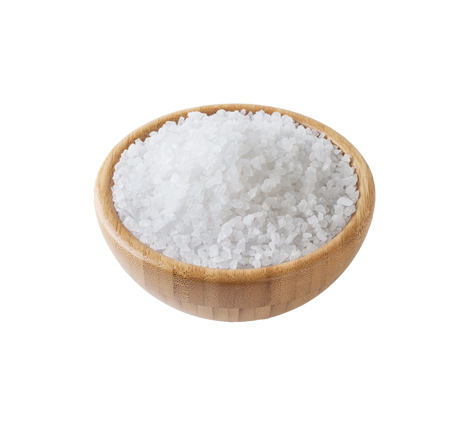
Sea Salt
Contains essential minerals like sodium, potassium, and magnesium, crucial for maintaining electrolyte balance, proper fluid levels, and muscle function during exercise or recovery.
Good Green's Superfoods
-

Spinach
Rich in vitamins and minerals such as magnesium and iron, spinach supports muscle function, energy production, and overall performance.
-
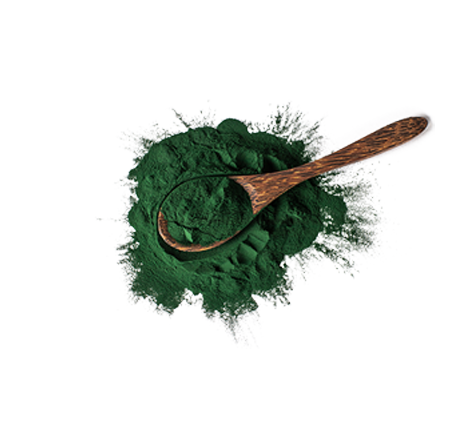
Spirulina
Nutrient-dense and an excellent source of multiple vitamins and minerals including Protein, Vitamin B6 & Iron, Spirulina is also high in anti-oxidants, Vitamin C, Quercetin and Chlorogenic acid aiding in lowering blood sugar levels and cholesterol.
-
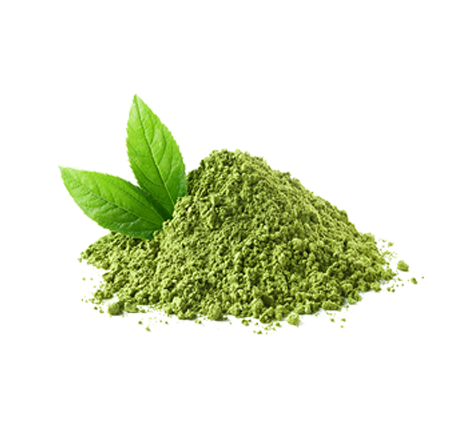
Matcha
Augments blood flow and oxygen delivery by increasing nitric oxide production, promoting cardiovascular health, and enhancing exercise performance.
-

Moringa
A superfood packed with vitamins, minerals, and antioxidants. It supports energy, immunity, digestion, heart health, and helps reduce inflammation and blood sugar.
-

Chaga
Combats oxidative stress and supports overall health and immune function.
-

Coconut
Offers hydration and replenishes electrolytes lost through sweat, making it an excellent choice for rehydration during or after physical activity.
-

Pineapple
Provides natural sweetness and hydration, containing digestive enzymes like bromelain that aid in digestion, reduce inflammation, and support muscle recovery post-exercise.
-
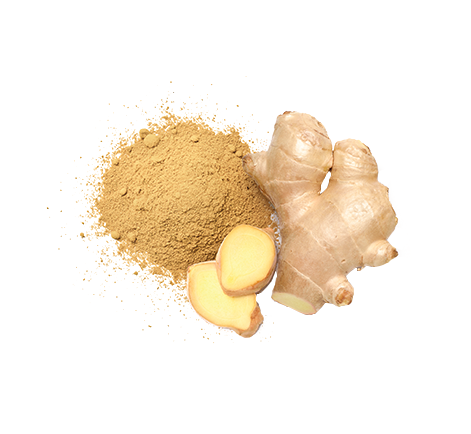
Ginger
A powerful anti-inflammatory and anti-oxidative root indeigenous to Southern China. Ginger has been linked to reducing nausea, weight loss, alleviating osteoarthritis pain, lowering blood sugar levels and improving heart and brain health, and also aids in digestion.
-

Sea Salt
Contains essential minerals like sodium, potassium, and magnesium, crucial for maintaining electrolyte balance, proper fluid levels, and muscle function during exercise or recovery.
No Whey Protein's Superfoods
-
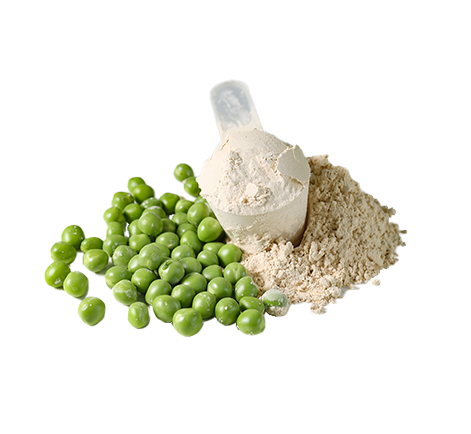
Pea Protein
Renowned as one of the most bioavailable plant-based proteins, pea protein provides essential amino acids crucial for muscle repair and growth. It supports muscle recovery, strength, and overall athletic performance.
-

Cacao
Bursting with antioxidants and flavonoids, cacao not only adds a rich chocolate flavor but also promotes heart health, cognitive function, and mood enhancement. It's a delicious and nutritious addition to your protein shake.
-
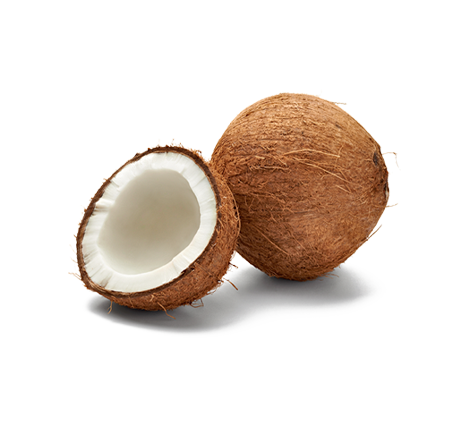
Coconut
Coconut Sugar provides natural sweetness with a lower glycemic index compared to refined sugar, offering sustained energy release without the crash.
-

Sea Salt
Contains essential minerals like sodium, potassium, and magnesium, crucial for maintaining electrolyte balance, proper fluid levels, and muscle function during exercise or recovery.


